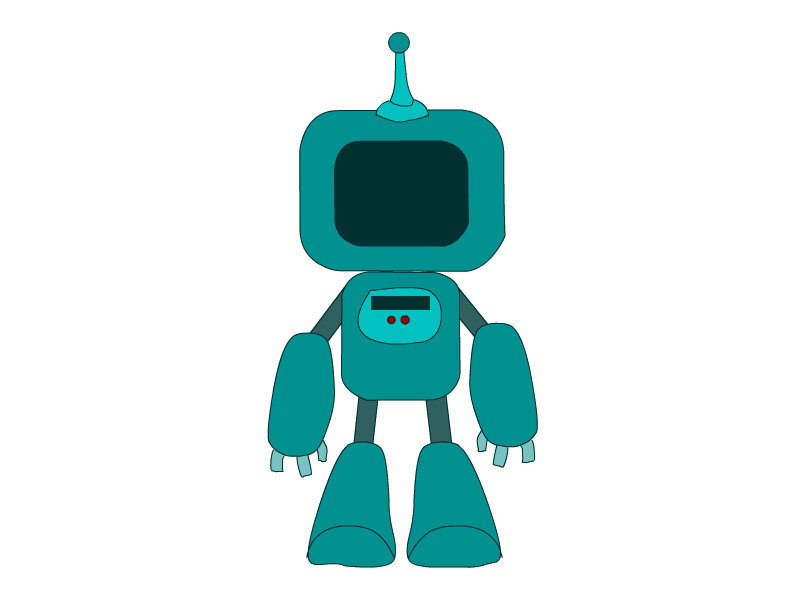What is Robotics?
Robotics is a multidisciplinary field that involves the design, construction, operation, and use of robots. Here are some key components of robotics:
- Mechanical Structure: The physical body or structure of a robot, including manipulators, actuators, sensors, and other mechanical components.
- Sensors: Devices that allow robots to perceive and interact with their environment, such as cameras, LIDAR, ultrasonic sensors, and more.
- Actuators: Mechanisms that enable robots to move and manipulate objects, including motors, pneumatic cylinders, hydraulic systems, and more.
- Control Systems: Software and algorithms that govern the behavior of robots, ranging from simple pre-programmed instructions to complex artificial intelligence algorithms.
- Artificial Intelligence (AI): Techniques and algorithms that enable robots to perceive, reason, learn, and make decisions autonomously.
- Human-Robot Interaction (HRI): The study of how humans and robots interact and communicate with each other, focusing on designing intuitive and user-friendly robots.
- Applications: Robotics finds applications in various industries and fields, including manufacturing, healthcare, agriculture, transportation, entertainment, exploration, defense, and more.
Overall, robotics is a rapidly evolving field with the potential to revolutionize various aspects of society and industry. Advances in robotics technology continue to push the boundaries of what robots can achieve, leading to innovations that enhance productivity, improve safety, and enhance quality of life.
Benefits of Choosing a Robotics Course
- Interdisciplinary Learning: Robotics courses integrate concepts from various disciplines such as mechanical engineering, electrical engineering, computer science, and artificial intelligence.
- Hands-on Experience: Robotics courses include practical exercises that allow students to apply theoretical knowledge to real-world problems, reinforcing learning and developing technical skills.
- Problem-Solving Skills: Students develop critical thinking, analytical reasoning, and problem-solving skills by tackling complex challenges related to design, programming, and operation of robots.
- Innovation and Creativity: Robotics courses foster creativity and innovation by challenging students to design and build robots to perform specific tasks or solve particular problems.
- Preparation for Industry: Robotics courses prepare students for careers in industries such as manufacturing, automation, healthcare, aerospace, and more, where there is a growing demand for robotics expertise.
- Collaborative Learning: Robotics projects involve teamwork and collaboration, helping students develop communication, teamwork, and leadership skills essential for success in the workplace.
- Opportunities for Research: Students may engage in research projects exploring advanced topics in robotics, contributing to advancements in the field and deepening their understanding of robotics concepts.
- Personal Growth: Robotics courses challenge students to step out of their comfort zones, leading to personal growth, increased confidence, and a sense of accomplishment.
- Ethical Considerations: Robotics courses address ethical, social, and legal implications of robotics technology, fostering ethical awareness and responsible decision-making among students.
- Life-Long Learning: Robotics is a rapidly evolving field, and taking a robotics course instills a passion for learning and encourages students to stay updated with the latest developments throughout their careers.
Overall, choosing a robotics course provides students with a unique opportunity to develop technical expertise, critical thinking skills, creativity, and ethical awareness—all of which are essential for success in the rapidly evolving field of robotics.


 "
"
 "
"
